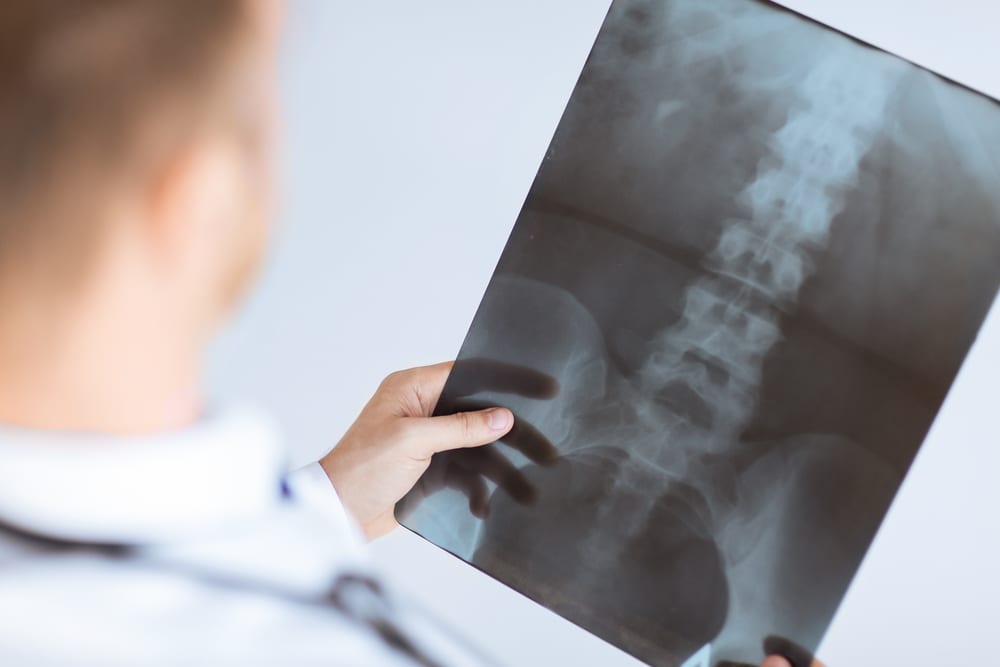
Injuries to the spinal cord can be especially impactful because the nerves found within and around the spinal cord are central to normal bodily function. The recovery is often long and life is altered permanently. Damage to the spinal cord can happen when a traumatic event causes the nerves within the spinal canal to stop communicating with the brain. This lack of communication adversely effects how sensory, motor and reflex messages are received, often leading to paralysis in the victim of the spinal injury.
Spinal injuries are put into two categories based on the severity of the injury. With complete spinal injuries, patients have no control of their motor or sensory functions. With incomplete spinal injuries, patients have partial motor and/or sensory function below the damaged area.
Whether complete or incomplete, these injuries can be devastating and come with a number of complications. Unfortunately, these are some of the effects a spinal injury may have on your body:
- Loss of movement: Since the spinal nerves are not communicating properly with the brain, all or a portion of the ability to engage in activities like walking, may be lost. Depending on the location and the severity of the injury some motor function can be recovered with time and physical therapy.
- Loss of muscle control: Many spinal injury patients experience either an involuntary tightening in their muscles (spasms) or lack of muscle tone.
- Loss of sensation: Damage to the spinal cord can cause the loss of sensation in the skin. This can be particularly dangerous because it can prevent the skin from detecting when it has been injured. The skin is also unable to detect sensations of heat, cold or pressure.
- Lack of control of bladder and bowels: The bowel and bladder continue to function normally, but the brain may stop receiving indications that they need to be relieved.
- Difficulty breathing: Depending on the severity of the spinal injury, the brain may not be able to send the signals necessary for proper breathing. Pneumonia can occur in patients with injuries to the cervical and thoracic part of the spine (neck and mid-back).
- Sexual function changes: Spinal injuries can affect sexual function, including a man’s ability to achieve erection and lubrication in women.
- Depression: A spinal cord injury signifies a dramatic lifestyle change for most patients. Many of the activities that they took for granted will become harder, if not impossible. Patients may also experience chronic pain. People can click here for healing and pain relief. This can be difficult to cope with for many people. Getting help with depression, whether through medicine or therapy is critical.
If you or a family member have suffered a spinal cord injury, you are likely trying to put the pieces back together. Let us help. The spinal cord injury attorneys at McIntyre Thanasides Bringgold Elliott Grimaldi & Guito, P.A. can ensure you get the justice you deserve. Our attorneys have experience litigating and taking spinal cord injury cases to trial. Contact us today at 844-511-4800.
